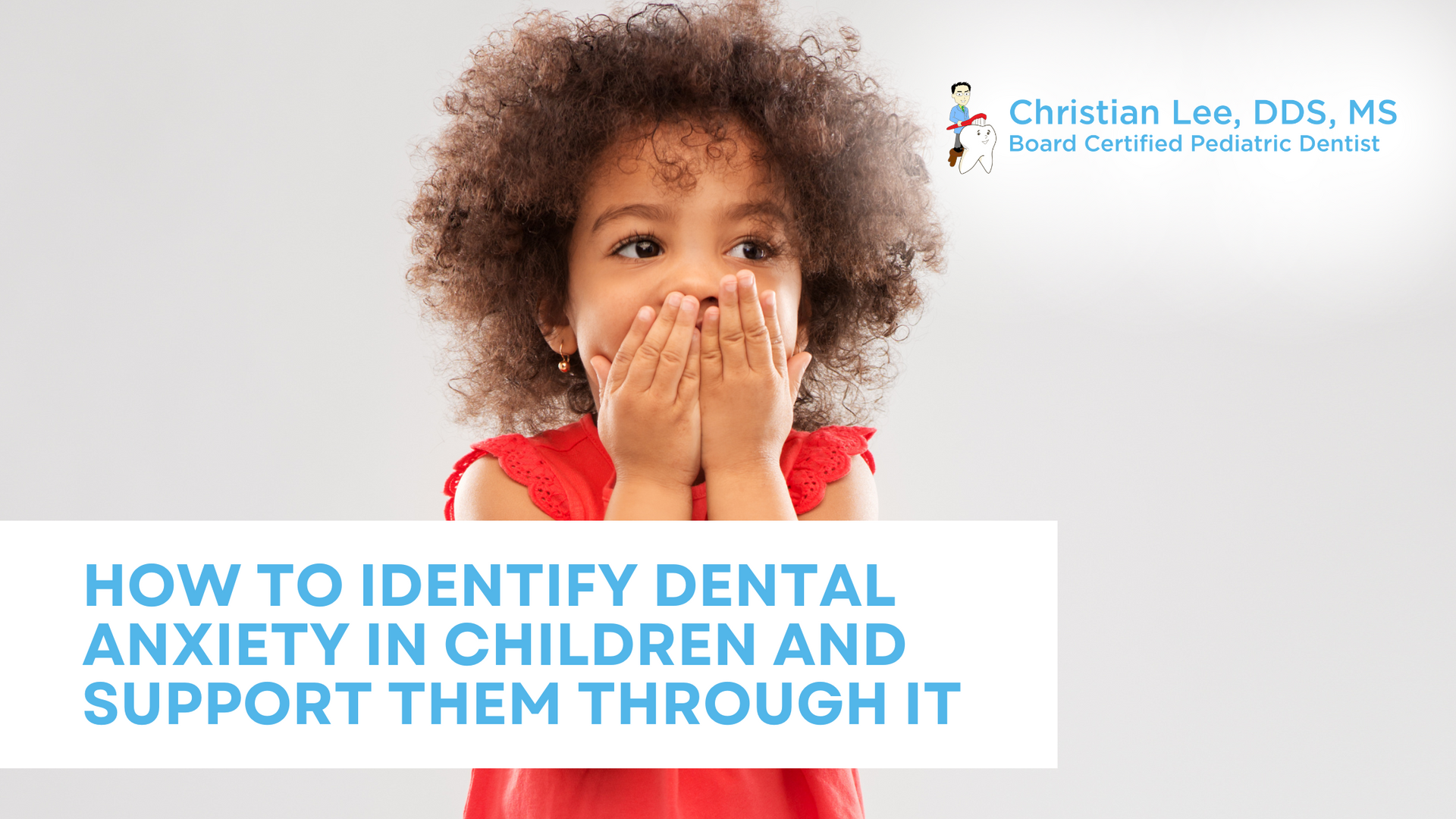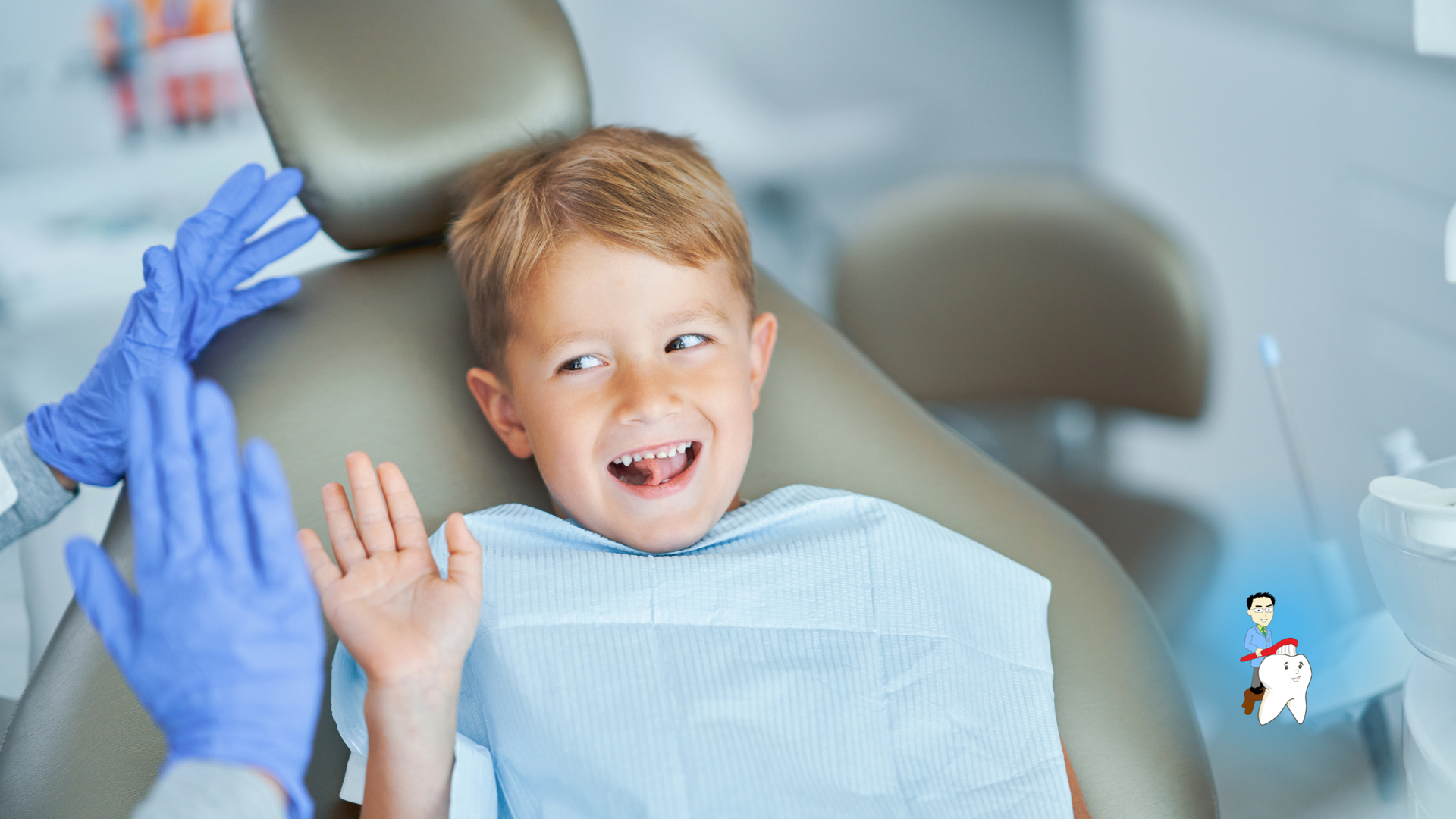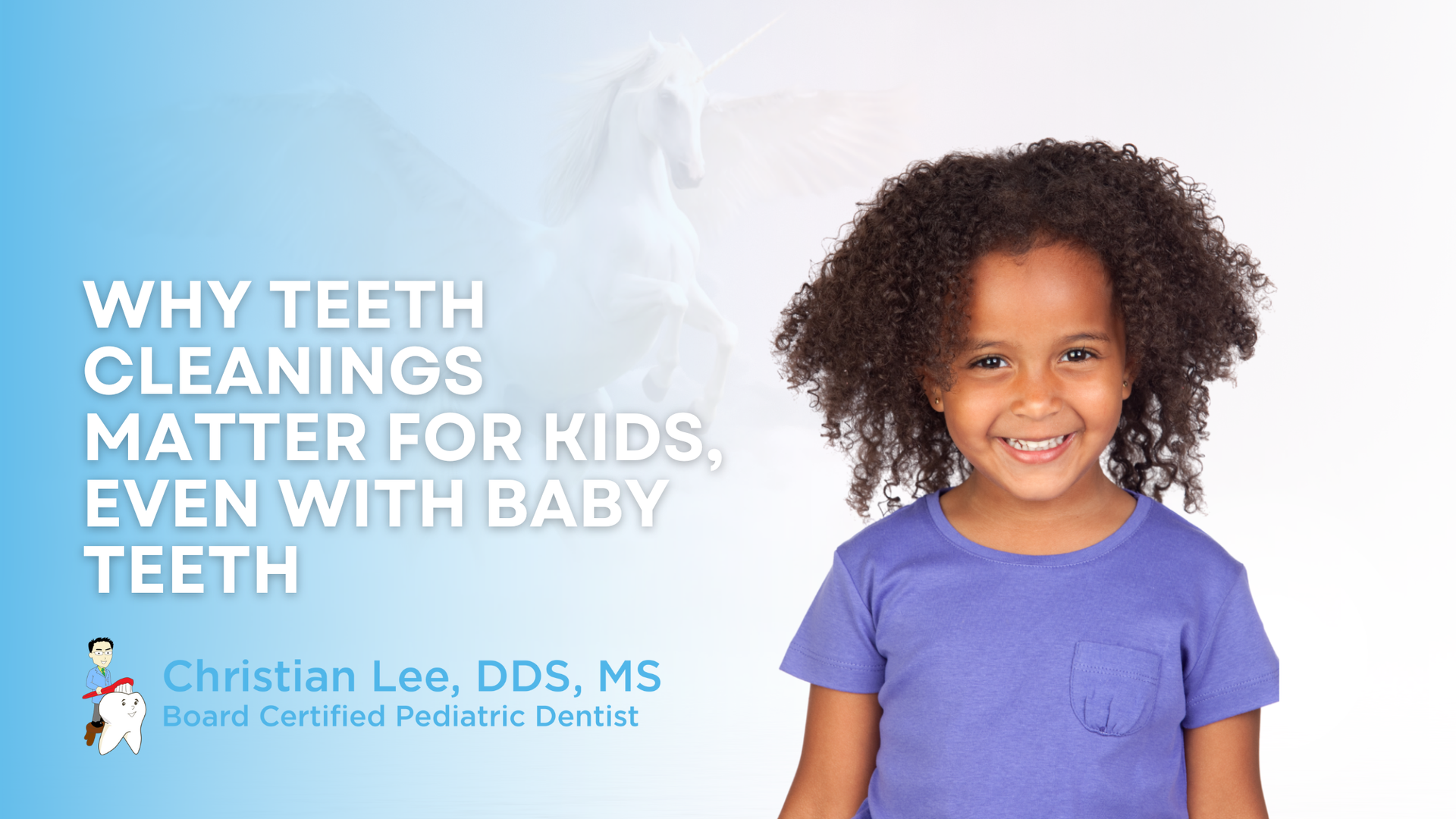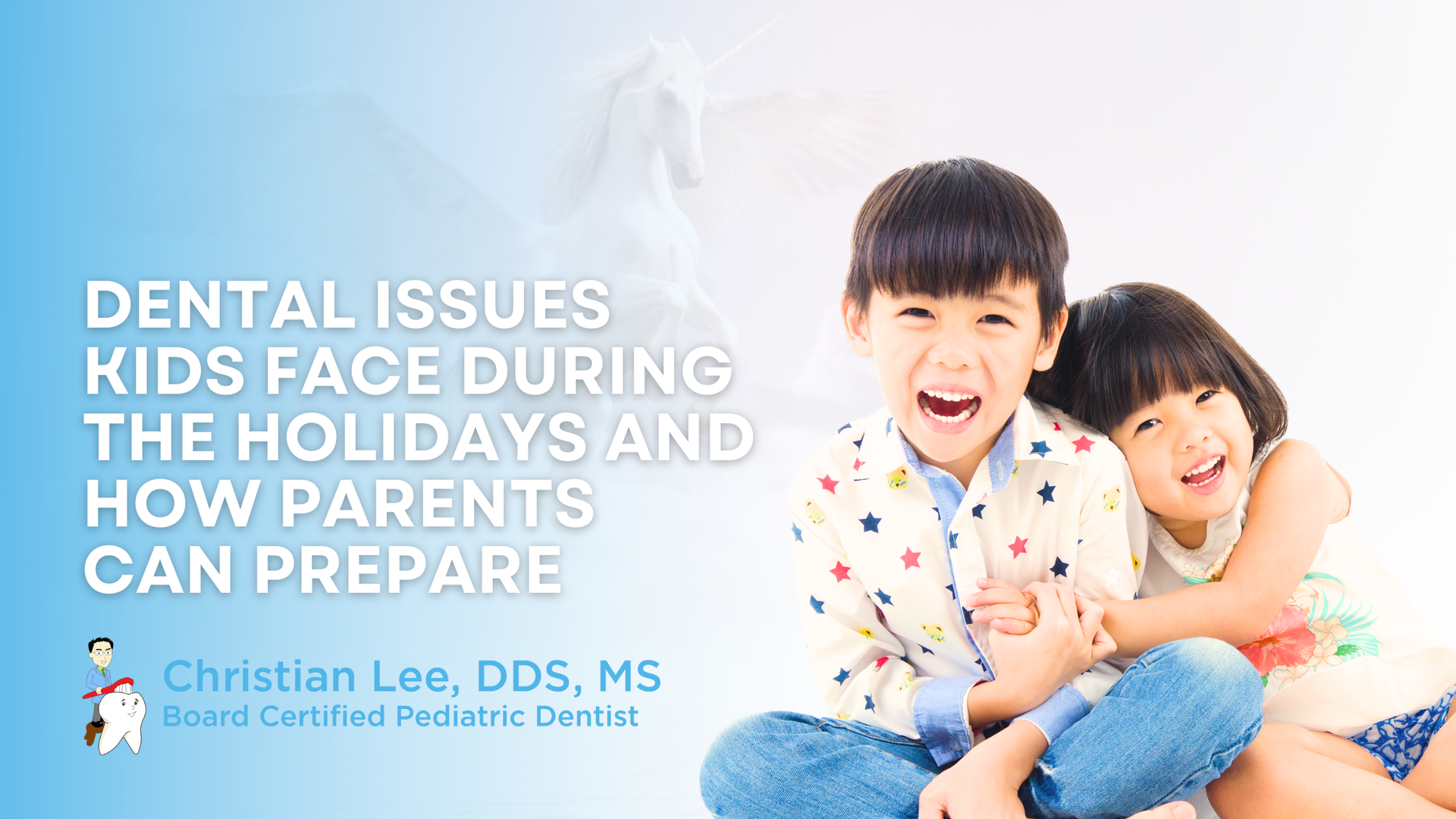How to Identify Dental Anxiety in Children and Support Them Through It

Source: Dr. Marketing
For many children, visiting the dentist can feel overwhelming. The sights, sounds, and unfamiliar routines may spark worry before the appointment even begins. While a little nervousness is common, some children experience deeper anxiety that makes dental care difficult. At Christian K. Lee, DDS, MS, we work closely with families in Palo Alto to understand these feelings, recognize the signs early, and provide gentle guidance so children learn to see dentistry as a positive part of life. Dental anxiety in kids is not something to dismiss—it is an experience that shapes how they approach oral health well into adulthood.
Understanding Dental Anxiety in Children

Dental anxiety is more than just being shy or hesitant about an appointment. It is a heightened response to perceived stress or fear associated with dental care. This can stem from a range of causes: sensitivity to new environments, fear of discomfort, or even hearing about negative experiences from others. Unlike adults, children often do not have the words to explain what they feel. Instead, their anxiety shows up through behaviors, emotions, and physical reactions that parents and dental teams need to notice.
When we pay attention to these signs, we can adjust care in ways that calm fears and give children the confidence they need to build healthy habits.
Common Signs of Dental Anxiety in Kids

Every child expresses anxiety differently, but certain signs appear frequently:
- Avoidance or Resistance: Some children refuse to get into the car, stall when it is time to leave home, or insist they are not going. Others may suddenly develop excuses such as stomachaches before an appointment. Avoidance is one of the clearest signals that a child is struggling with dental anxiety.
- Emotional Outbursts: Crying, tantrums, or sudden irritability are common reactions. Younger children, in particular, may not know how to describe their worry, so their emotions come out in tears or frustration.
- Physical Reactions: Sweaty palms, trembling, or even holding their breath are ways anxiety shows up in the body. Some children might clutch their parents tightly in the waiting room or sit frozen in the dental chair.
- Trouble Sleeping the Night Before: Many parents tell us that bedtime is harder the night before a visit. Children may wake up frequently or ask repeated questions about what will happen. This anticipation can be a strong clue that anxiety is building.
- Over-Questioning or Silence: Some children cope by asking a flood of questions—“Will it hurt? How long will it take? Can I go home right away?” Others become completely quiet, withdrawing into themselves. Both behaviors reveal a child trying to manage overwhelming feelings.
Why Dental Anxiety Matters

At first glance, a little fear may not seem serious. But untreated dental anxiety has long-term consequences:
- Missed Appointments: Children who are too afraid to visit may skip checkups, increasing the risk of cavities and gum disease.
- Reinforced Fear: Anxiety often grows if it is not addressed, making future visits even harder.
- Impact on Oral Health Habits: Children who associate dentistry with fear may struggle to maintain healthy routines at home.
- Carried Into Adulthood: Many adults who avoid dental care trace their fears back to childhood experiences.
By recognizing and addressing dental anxiety early, we help children break this cycle before it takes hold.
How Anxiety Changes With Age
- Early Childhood: Toddlers and preschoolers may feel anxious simply because the dental setting is new. They may cling to parents or cry during exams, even if no treatment is needed.
- School-Age Children: At this stage, children are more aware of what to expect. They may develop specific fears, such as shots, drills, or unfamiliar sounds. Their anxiety often shows up as resistance or negotiation (“I do not want to go today”).
- Teenagers: Adolescents may not outwardly show fear but could worry about pain, embarrassment, or judgment. They might downplay their anxiety, yet avoid scheduling or attending appointments.
Understanding these age-specific patterns allows us to adapt our approach for every stage of development.
How We Help Children Overcome Dental Anxiety

We believe every child deserves care that meets not only their dental needs but also their emotional ones. Here are the ways we help families in Palo Alto tackle dental anxiety:
Building Familiarity
We encourage families to bring children in for early visits, even before treatment is needed. These early appointments allow kids to meet our team, explore the space, and experience dentistry in a relaxed setting. Familiarity replaces fear with comfort.
Clear, Gentle Explanations
Children feel calmer when they know what to expect. We use simple, age-appropriate language and demonstrate instruments in non-threatening ways. A mirror, a toothbrush, or even a playful demonstration can turn uncertainty into curiosity.
Creating a Calming Environment
From the moment families enter, our focus is on creating a space that feels safe. Gentle voices, comforting décor, and a patient-centered pace all help children feel more at ease.
Offering Choices
Children feel more in control when they can make small decisions—choosing a flavor of toothpaste, picking a prize afterward, or raising their hand if they need a pause. These choices empower them during a situation that otherwise feels overwhelming.
Practicing Patience

We never rush children through care. Taking time, pausing when needed, and celebrating small steps forward build trust. Sometimes progress is simply sitting in the chair without tears—that is a victory worth recognizing.
Sedation Dentistry When Needed
For children with more significant anxiety, sedation dentistry may be recommended. Safe, carefully monitored sedation allows treatment to be completed comfortably while protecting the child from overwhelming stress. It is one of the tools we use to ensure both safety and peace of mind.
Supporting Parents in the Process
Parents play a vital role in how children view dental care. We work closely with families to provide guidance such as:
- Modeling Calm Behavior: Children mirror adult emotions. When parents speak positively about visits, children feel more secure.
- Avoiding Negative Words: Terms like “hurt” or “shot” can increase fear. We encourage using positive, simple language.
- Building Routine: Regular checkups normalize dental visits, making them part of life rather than a rare, intimidating event.
- Reinforcing Confidence: Praising bravery, no matter how small, encourages children to keep building confidence for the future.
Our approach is always collaborative—we partner with parents to help each child feel comfortable and supported.
Long-Term Benefits of Tackling Anxiety Early

Helping children manage dental anxiety is not just about one appointment—it sets the stage for lifelong health. Children who feel safe at the dentist are more likely to:
- Maintain consistent dental visits into adulthood.
- Build strong oral hygiene habits at home.
- Experience fewer dental problems over time.
- View oral health as a positive part of overall wellness.
When families invest in easing dental anxiety early, they create healthier, happier futures for their children.
Turning Fear Into Confidence

Dental anxiety in children should never be overlooked, but with the right support, it can be transformed into trust and comfort. By creating positive experiences early, we help children view oral health as something to embrace, not avoid. At Christian K. Lee, DDS, MS in Palo Alto, we guide families through every step, ensuring dental visits feel safe, calm, and even enjoyable. Together, we can build a foundation of confidence that lasts well into adulthood.
Ready to give your child the tools for a lifetime of healthy, confident smiles? Contact us today to schedule an appointment and start turning dental visits into positive milestones.



